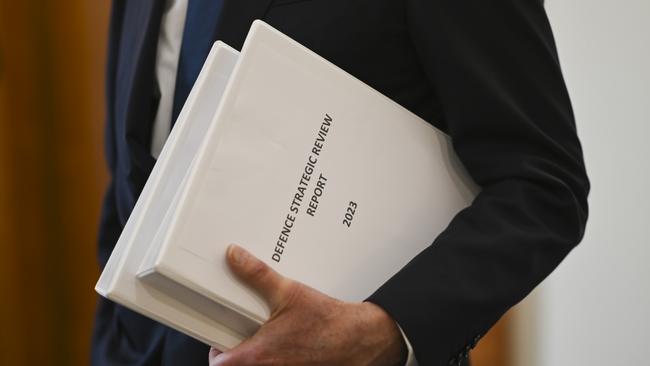
The Albanese government is unduly modest in describing the Defence Strategic Review it received on Tuesday as the most important strategic document in 30 years.
When former defence chief Angus Houston handed the report to Anthony Albanese, he said it was the most important thing he had done for Defence in his life.
Houston has also told us Australia now faces the worst strategic circumstances of his lifetime, and he is 76 and not prone to overstatement.
So the DSR, in my view, is the most important Australian defence review since World War II, because the recommendations in the review – and the Albanese government’s strength and resolve in accepting them and implementing them – will determine what we have to confront our strategic challenge with.
At the same time, in parallel to the DSR, the government will announce next month what type of nuclear submarine we get under the AUKUS agreement.
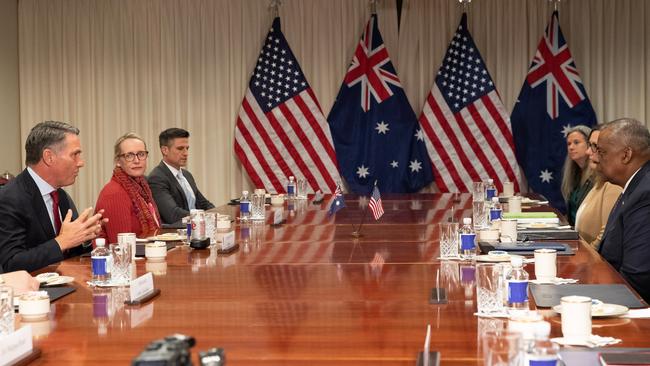
It is likely the Prime Minister will travel to Washington in March for an AUKUS summit with President Joe Biden and British Prime Minister Rishi Sunak.
Although technically the Albanese government is still deciding whether to accept the recommendations of the three-nation working group which has investigated the AUKUS subs over the past 18 months, the sense is emerging that Australia will acquire something like an evolved Astute-class British attack submarine.
Whatever finally emerges, it will be very much a three-way collaboration under AUKUS. The British are already working on the successor submarine to the Astute. Although the American Virginia-class is a bigger and more powerful submarine, the Astute, or its successor, is widely viewed as a better fit for Australia as it is smaller and requires a much smaller crew, while still being an immensely formidable weapon.
Admiral Jonathan Meade, who has led the process for Australia, said on the ABC’s 7.30 Report this week that he hoped physical work would start on building the new sub in Adelaide by the end of this decade.
That implies a joint new design, or evolved Astute design, presumably still with an American weapons system and an American reactor.
In truth the British nuclear reactors are really American origin reactors and the intellectual property for them rests with the Americans, so the prospect of a joint three-way collaboration is strong.
The submarines are a transformative military capability, but they won’t start to come online until the end of the next decade unless we get an early training submarine from either the Americans or the British.
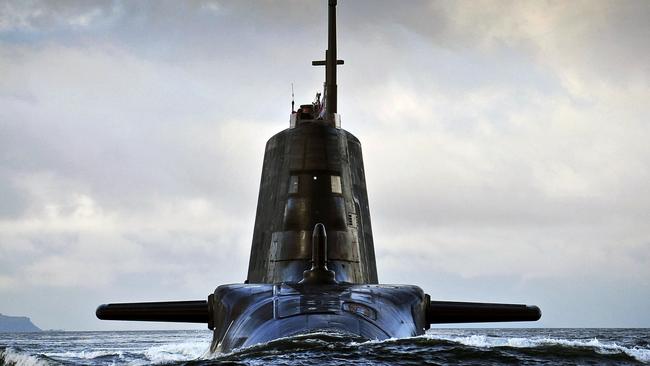
There is much talk, in all three militaries, of bridging the capability gap for Australia as a result of the long lead time for new nuclear-powered submarines.
In the meantime, there will be intense technology transfer and defence equipment and training co-operation between the Americans, the British and the Australians under AUKUS.
One important consequence of AUKUS is to tie the Americans ever more closely to Australian security. However, it is the military capabilities within the DSR, which Houston handed to the government on behalf of himself and former defence minister Stephen Smith, which will be critical to Australian security over the next five to 15 years.
Albanese and Defence Minister Richard Marles have both been regularly briefed throughout the process of the DSR so nothing in the report will come as a shock to the government. Albanese has been proactive and conscientious in his personal involvement in the process.
The DSR will recommend significant hardening and expansion of Australia’s northern air bases. These will become much more useful to visiting American strategic forces. It has already been announced the government will buy long-range missiles for the Anzac frigates and Air Warfare Destroyers. Australia will likely acquire Tomahawk missiles.
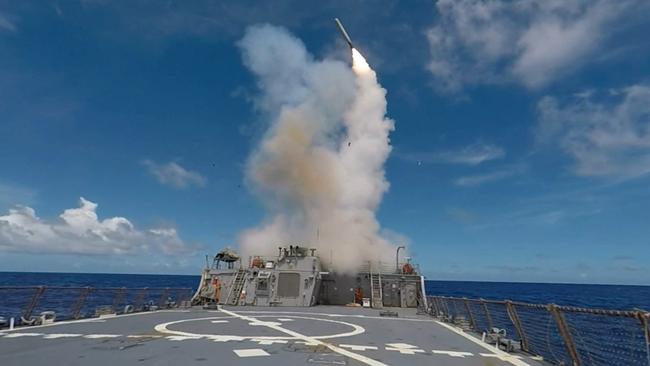
It has also been announced that Australia will make a major investment in smart sea mines.
The DSR will emphasise missiles and drones. We will invest in unmanned underwater vehicles.
There is a strong suggestion that our Offshore Patrol Vessels will receive significant new weaponry and there is also a strong case for a new class of corvette warships.
There is likely to be at least one extra squadron of F-35 joint strike fighters, and some refuellers to go with them.
The DSR will probably make recommendations for major changes to Defence’s acquisition process, which has been too slow and broadly dysfunctional.
The army will also get long-range missiles. Canberra is likely to stop spending money on tanks and significantly cut the number of infantry fighting vehicles it is committed to.
Houston is just one of the eminently qualified people who has told Australians that they are living in distinctly dangerous times.
The decisions of the government over the next month will help determine how much agency and influence Australia has in shaping its own security destiny.




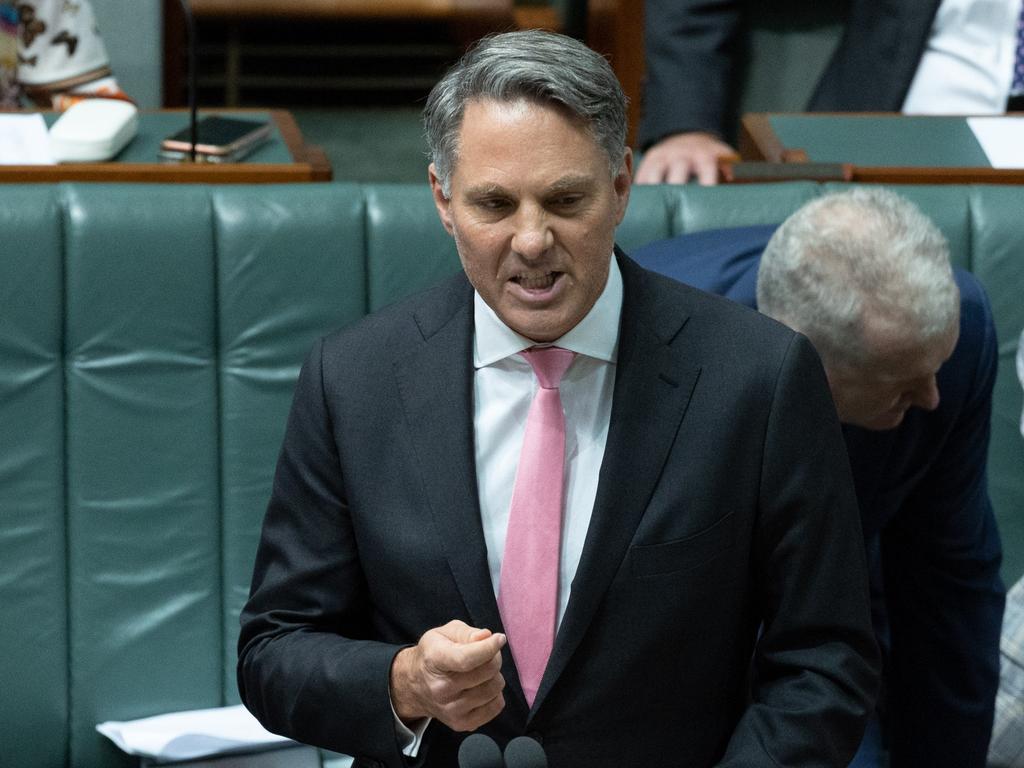

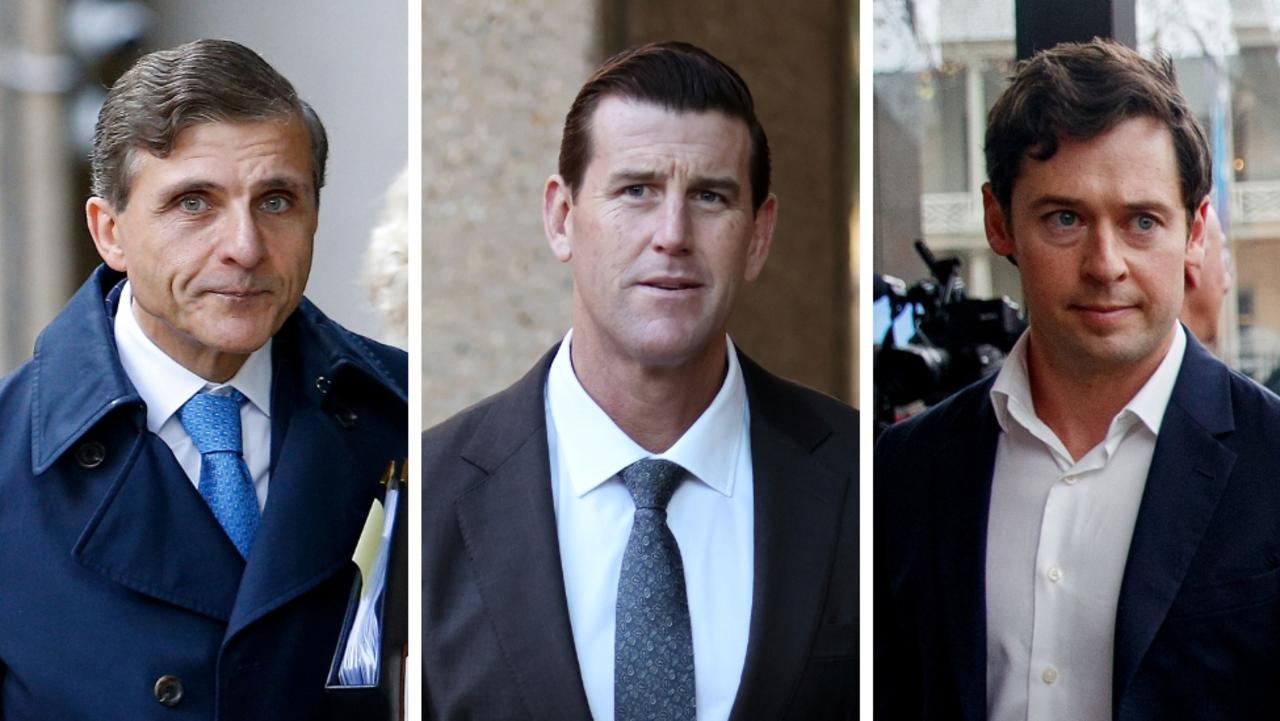
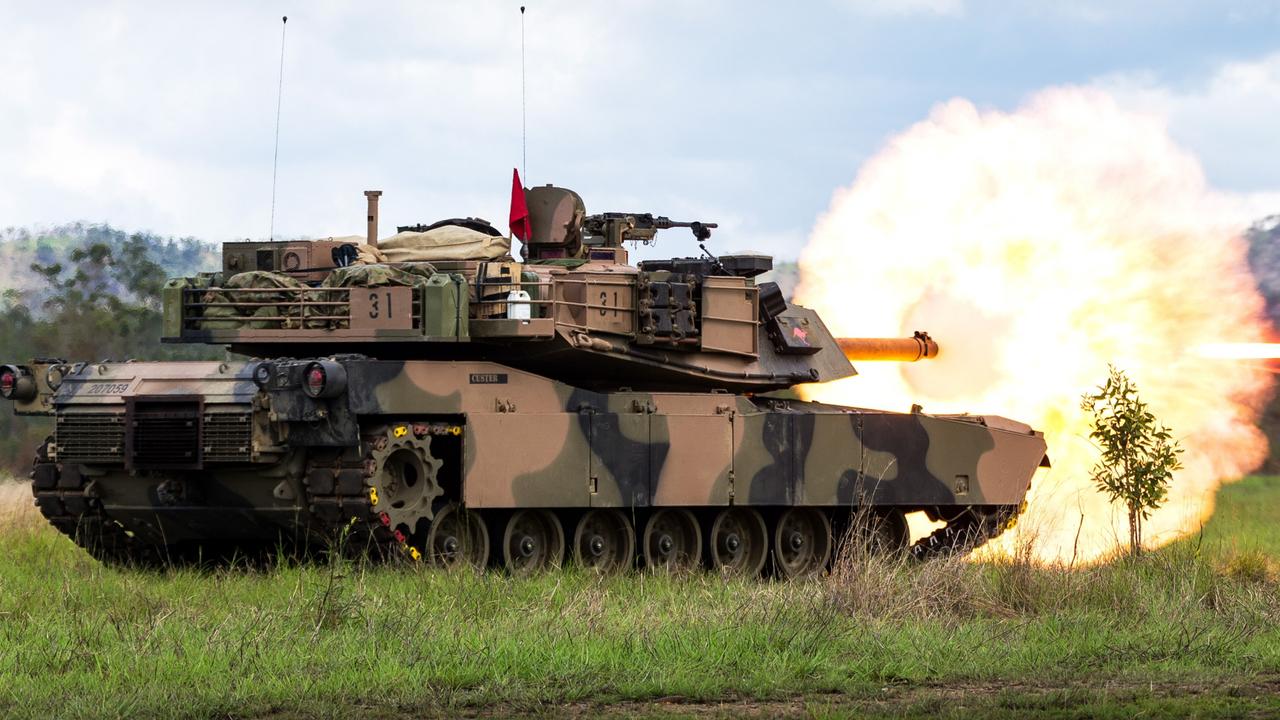
Australia enters a critical moment in its history as the government prepares to make defence decisions that could possibly decide the country’s national destiny.